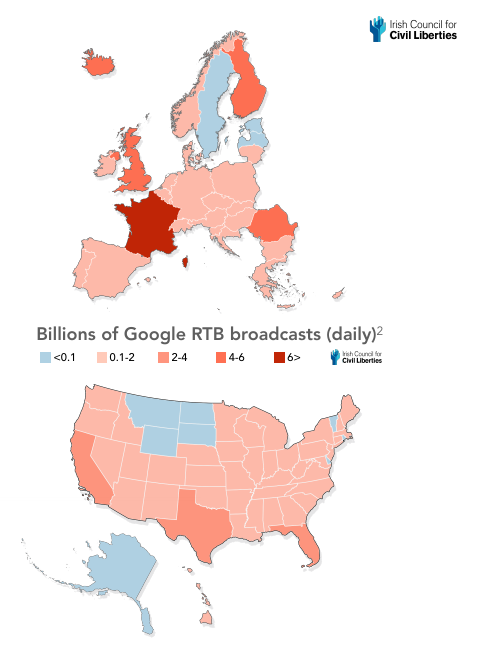1977 and all that
1977 was allegedly a year for celebration as Elizabeth Mountbatten-Windsor had spent 25 years as unelected head of state of the English Empire (which some still call the United Kingdom. Ed.).
At the time I was in the final year of my degree and well remember derelict buildings in the town centre being draped in bunting in preparation for a drive-by the queen.
All the sycophancy at that time helped turn your ‘umble scribe into a lifelong republican, i.e. someone who would like to see this country abolish the monarchy and switch to having an elected – not hereditary – head of state. This is not to be confused with a right-wing US political party spelled with an upper case first letter.
Come right up to date and Elizabeth Mountbatten-Windsor has now been minding the shop for 70 years, a record for the country. However, support for the monarchy is not as widespread or whole-hearted as it was in 1977 and in Scotland support for the monarchy is now down to 45%, as reported by The Guardian.
However, that does not mean that republicans are having an easy ride for their beliefs, which they allegedly have a democratic right to express, as illustrated by the tweet below from the account of the Jeremy Vine show on Channel 5, a low point in daytime TV.

I have no intention of being quiet. Indeed, yesterday I found the Stuff The Jubilee badge I bought in 1977 and am already wearing it with pride as per the encouragement from my ex-wife.
 |
 |
Your correspondent won’t be the only one in east Bristol not celebrating this momentous non-event. News of three of our local pubs organising a F*ck the Jubilee punk festival has not gone down too well with some sections of the city’s populace.
At a national level, Republic, the organisation campaigning for the abolition of the monarchy, has organised a petition to make Elizabeth the second the last monarch.
And finally, now for something completely different… The
The 


 Today’s Journal du Geek
Today’s Journal du Geek 







 The departure of the English Empire (which some still call the United Kingdom. Ed.) from the European Union is the gift that keeps on giving, especially for anywhere located outside that backward country and in another member EU member state.
The departure of the English Empire (which some still call the United Kingdom. Ed.) from the European Union is the gift that keeps on giving, especially for anywhere located outside that backward country and in another member EU member state.
